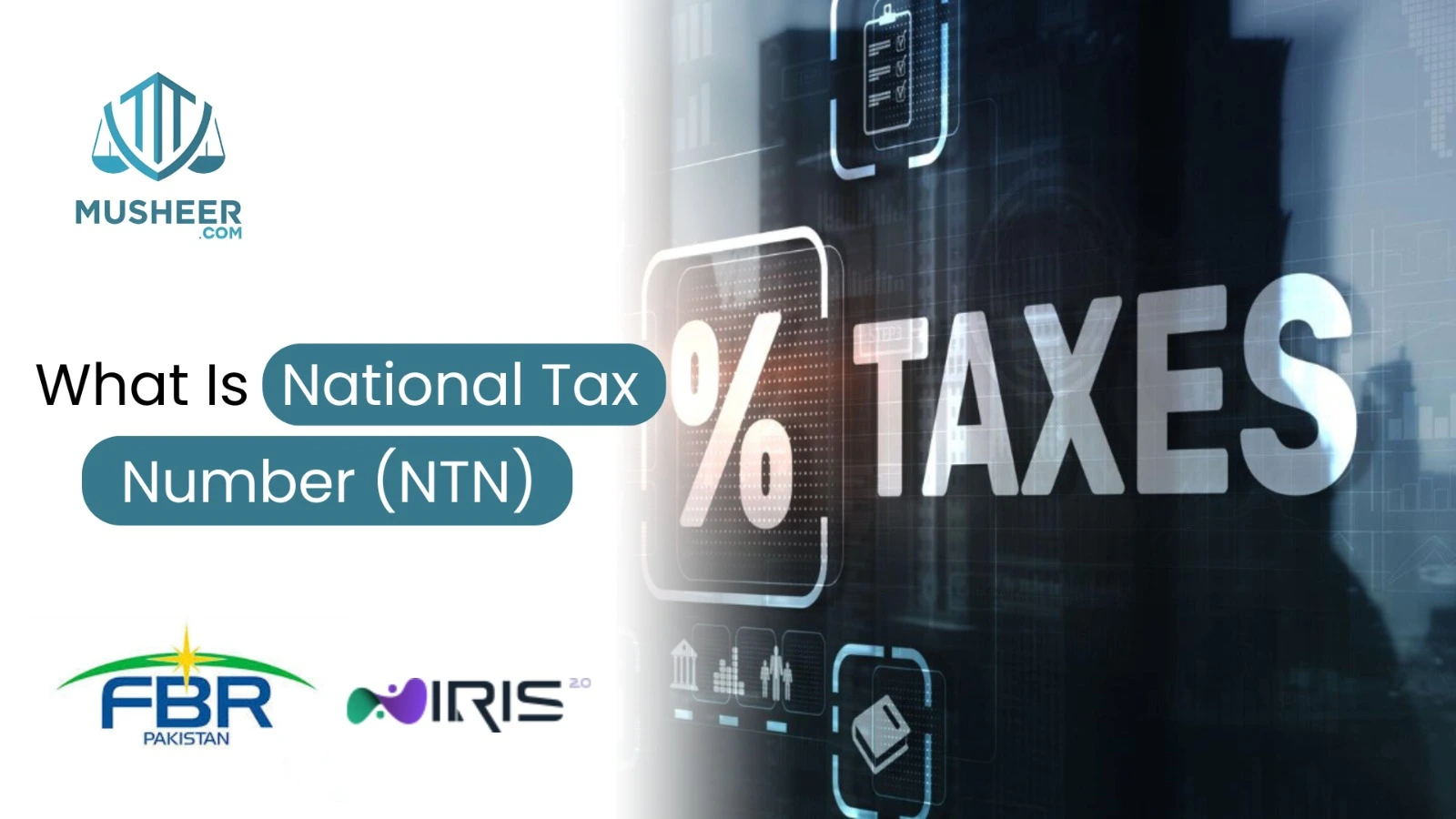Filing an income tax return is not only a legal obligation but also a civic duty that helps in the development of the nation. In Pakistan, understanding the process of filing income tax returns can seem daunting, but it doesn't have to be. This guide will walk you through the steps, prerequisites, and tips to ensure a smooth and successful tax filing experience.
Importance of Filing Income Tax Return in Pakistan
Filing your income tax return is crucial for several reasons. It ensures compliance with the law, helps avoid penalties, and can even lead to tax refunds. Non-compliance can result in legal consequences, including fines and possible imprisonment. Moreover, timely tax filing supports national development by contributing to the government’s revenue.
Prerequisites for Filing
Understanding Taxable Income
Before you begin, it’s essential to understand what constitutes taxable income. This includes:
- Salaried Individuals: Income from employment.
- Business Income: Profits from business activities.
- Other Sources of Income: Rental income, investments, etc.
Required Documentation
Gathering the necessary documents beforehand can streamline the filing process. You will need:
- National Tax Number (NTN)
- CNIC (Computerised National Identity Card)
- Bank Statements
- Salary Certificates
- Business Records
Types of Taxpayers
Different types of taxpayers have different filing requirements:
- Individual Taxpayers: Includes salaried individuals and self-employed professionals.
- Corporate Taxpayers: Small businesses to large corporations.
- Partnership Firms: Joint business ventures.
Registration and E-Enrolment
How to Register with FBR
The Federal Board of Revenue (FBR) is the primary tax authority in Pakistan. Registering with FBR is the first step:
- Visit the FBR website.
- Click on the 'Registration' section.
- Fill in the required details and submit.
E-Enrolment Process
E-enrolment involves creating an account on the IRIS portal:
- Go to the IRIS portal.
- Click on 'E-Enrolment'.
- Complete the form with your NTN and CNIC details.
- Set up your username and password.
Filing Process
Step-by-Step Guide to Filing Online
Filing your tax return online through the IRIS portal is straightforward:
- Log into IRIS: Use your username and password.
- Select the Appropriate Return Form: Based on your taxpayer type.
- Enter Personal Information: Fill in your details accurately.
- Declare Income: Input your income from all sources.
- Claim Deductions and Tax Credits: List allowable deductions and credits.
- Calculate Tax Liability: The system will automatically compute your tax.
- Submit the Return: Review all information and submit.
Offline Filing (if applicable)
For those preferring offline filing, forms can be downloaded from the FBR website, filled manually, and submitted at designated FBR offices.
Deductions and Tax Credits
Allowable Deductions
Tax laws in Pakistan allow several deductions:
- Medical Expenses
- Education Expenses
- Charitable Donations
Tax Credits
Utilise tax credits to reduce your tax liability:
- Zakat Contributions
- Investments in Approved Schemes
- Taxes Paid on Property
Payment of Taxes
Methods of Payment
Taxes can be paid through various methods:
- Online Payment: Via the IRIS portal.
- Bank Challan: Depositing at designated banks.
- Mobile Banking: Using banking apps.
Deadlines for Payment
Ensure you pay your taxes before the deadlines to avoid penalties. Typically, the tax filing deadline is June 30th each year.
Post-Filing Procedures
Confirmation and Acknowledgment of Submission
After submission, you will receive a confirmation receipt. Keep this for your records.
Responding to Notices from FBR
If there are discrepancies or additional information required, FBR may issue notices. Respond promptly to avoid complications.
Common Issues and Solutions
Common Mistakes to Avoid
- Incorrect Personal Information: Ensure all details match your official documents.
- Incomplete Income Declaration: Declare all sources of income.
- Missed Deadlines: File and pay your taxes on time.
Handling Discrepancies and Audits
In case of an audit or discrepancies, keep all your documentation organised and readily available.
FAQs About Filing Income Tax Return in Pakistan
What is the Minimum Income to File Taxes?
Individuals with an annual income exceeding PKR 600,000 are required to file a tax return.
How Do I File an Income Tax Return for the First Time?
First-time filers should register with FBR, gather necessary documents, and follow the steps outlined above to submit their return via the IRIS portal.
Can I File a Nil Income Tax Return?
Yes, if you have no income for the year, you can file a nil return to remain compliant with tax laws.
What Happens If I File My Tax Return Late?
Late filing can result in penalties and fines. It's crucial to file your return before the due date to avoid these consequences.
How to File Income Tax Return for Non-Resident Pakistani?
Non-resident Pakistanis must declare their foreign income and any Pakistan-sourced income. The process is similar but may require additional documentation.
How Do I Check If My Tax Return Was Filed Successfully?
You can check the status of your return on the FBR IRIS portal under the 'My Returns' section.
Conclusion
Filing income tax returns may seem complex, but with the right preparation and understanding, it can be a straightforward process. Regular tax filing not only keeps you compliant with the law but also contributes to the nation’s growth. Stay organised, seek professional help if needed, and ensure you file your returns on time.
Get Expert Assistance with Your Tax Return
Filing your income tax return can be complex and time-consuming. Let our team of experts handle it for you. Contact us today for professional tax return filing services and ensure compliance with all tax regulations.









